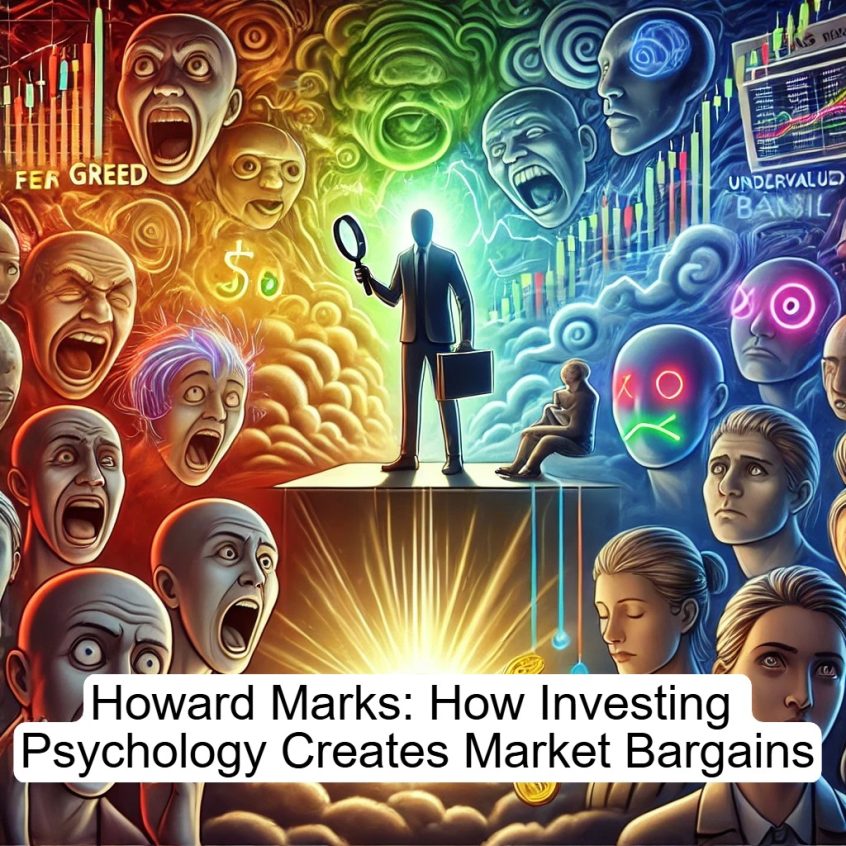Howard Marks makes a pretty simple but powerful point in The Most Important Thing: bargains don’t come from things everyone loves.
They come from things people are scared of, don’t understand, or just ignore. As he puts it, “the necessary condition for the existence of bargains is that perception has to be considerably worse than reality.”
In other words, if something looks terrible but isn’t actually that bad, that’s where the real opportunities hide. The catch? You’ve got to be willing to go against the crowd.
Take convertible securities, for example. When Marks started working with them in 1978, they were seen as this weird, niche market—too complicated for most investors.
Companies only issued them when they were desperate, and mainstream investors dismissed them as unnecessary. Why bother with a hybrid of stocks and bonds when you could just buy stocks and bonds separately?
But that’s exactly why they were undervalued. As Marks says, “whenever ‘everyone’ feels there’s no merit in something, it’s reasonable to suspect it’s unloved, unpursued and thus possibly underpriced.”
That’s how you end up with lines like the one from BusinessWeek about him: “Real men don’t buy converts, so chickens like me can buy cheap.”
The same logic applied to junk bonds. Back then, they were considered downright irresponsible for serious investors. Pension funds wouldn’t touch them because they were too risky, and nobody wanted to explain to their bosses why they’d put money into something that might default.
One rating agency even called B-rated bonds “generally lacking the characteristics of a desirable investment.” But Marks saw the flaw in that thinking: how can you write off an entire asset class without even considering the price?
If nobody wants something, the bar is set so low that even a slight improvement in perception can send its value soaring. And that’s exactly what happened.
The lesson here isn’t just about finance—it’s about how we think in general. The best opportunities usually come from places that feel uncomfortable. If something is popular, it’s probably already priced high.
But if it’s hated or misunderstood, that’s where you find the real steals. The trick is having the patience to dig deeper than everyone else and the guts to act when others won’t. As Marks shows, the market rewards the people who ask, “What if everyone’s wrong?” more than the ones who just follow the crowd.
You can find more articles on Howard Marks here:
Howard Marks Article Collection
For all the latest news and podcasts, join our free newsletter here.
Don’t forget to check out our FREE Large Cap 1000 – Stock Screener, here at The Acquirer’s Multiple:



